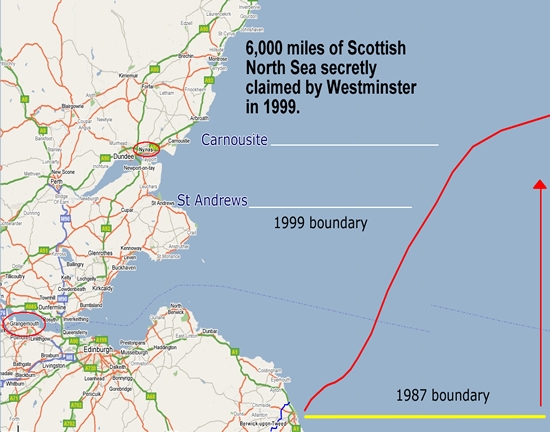A Two-Edged Sword
There is a superficial attraction to resorting to assassination to prevent the development of a nuclear weapon. To take the heat of Israel/Iran out of the subject, it is tempting to think it would have been good if North Korea’s nuclear programme had been disrupted by such means.
But once you abandon the framework of legality, you have no grounds to complain if your opponent reacts in the same manner. The notion of “good terrorism” and “bad terrorism” is foolish. It reminds me that the media are very anxious actively to spread the idea that bombs in Syria are false flag operations by President Assad, but were scoffing when my on the spot investigation of the actual evidence immediately on the scene revealed that the so called Islamic Jihad Union bombings in Uzbekistan were almost certainly a false flag operation of President Karimov – very probably with the connivance of the CIA.
To start a competition in assassinating scientists seems to me an extraordinarily foolish thing for Israel, with its large and widespread scientific community. There are reasons to worry about Iran’s nuclear intentions, though nuclear armed and militarily aggressive Israel has no moral standing to be the country asking the questions. But street assassinations are not going to do anything but make the problems worse.
Of course, if war is the intention, these murders are entirely rational.
